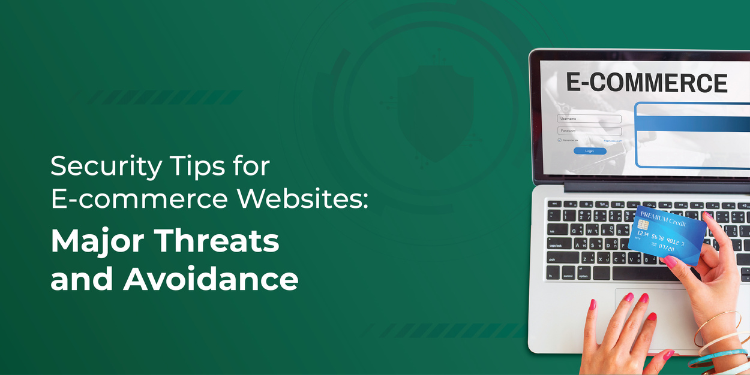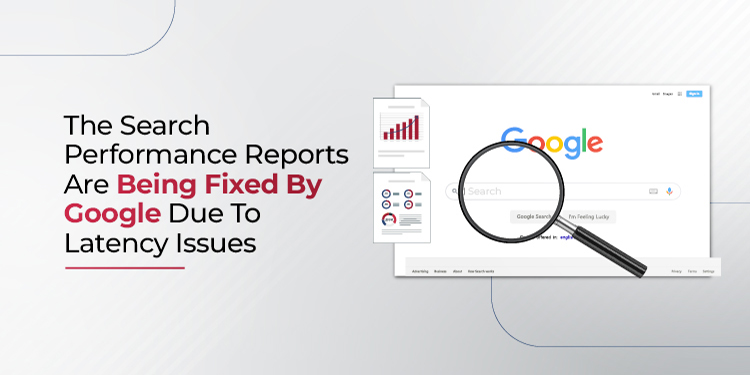In recent years, e-commerce has revolutionised how we shop and conduct business. The security of e-commerce websites has become a paramount concern with the increasing popularity of online transactions.
Many new entrepreneurs neglect the safety of their websites and face numerous threats that can compromise customer information and trust. By working with providers of e-commerce website development in Dubai, like Pentacodes, businesses can understand these threats and implement practical security measures to protect their customers and their reputation.
Let's look at some threats e-commerce websites faces and tips to create a secure environment for online businesses.
Financial Fraud:
Financial fraud is a significant threat to e-commerce websites. Stolen credit card information, identity theft, and fraudulent transactions are the prevalent techniques fraudsters use. To mitigate this risk, an e-commerce development company in Dubai will implement secure payment processing methods, including SSL/TLS encryption and two-factor authentication of your website. Regular software updates are essential to prevent unauthorised access and maintain the integrity of financial transactions.
Malware, Ransomware, and Phishing Attacks:
Malware, ransomware, and phishing attacks target websites to steal sensitive information. The best way to fight these threats is to approach an e-commerce development company in Dubai. They will implement robust cybersecurity measures like regular malware scans and employ strong firewalls and antivirus software. Awareness of phishing is crucial to detect threats early.
DDoS Attacks:
The servers of an e-commerce website crash and become unavailable to users when attackers use Distributed Denial of Service (DDoS). Businesses should utilise traffic monitoring tools, deploy content delivery networks (CDNs) for load balancing, and leverage DDoS mitigation services that can detect and filter out malicious traffic. Do not worry if you are overwhelmed by hearing the technical words because a provider of e-commerce website design in Dubai can make these steps easy.
Pretexting and Baiting:
Using pretexting and baiting, attackers manipulate individuals into revealing sensitive data or accessing malicious links. Since the attack involves social engineering techniques, educating employees and customers about social engineering tactics is essential. Also, implement strict access controls and encourage cautious personal or financial information sharing.
SQL Injections:
Attackers can exploit a website's database vulnerabilities to obtain unauthorised access or manipulate data by SQL injection. SQL injections can be prevented by employing safe coding practices, regular updates and patching their website's software. Companies that provide e-commerce website design in Dubai will be able to help you on the technical side.
Bots:
Bots are used by attackers for malicious purposes, like scraping website content, launching DDoS attacks, or conducting other fraudulent activities. Bot detection and mitigation techniques can be implemented with the help of an e-commerce development company in Dubai. The methods include CAPTCHA tests, rate limiting, and IP blocking to identify and block malicious bot traffic.
Cross-site scripting (XSS):
Cross-site scripting attacks happen when malicious individuals insert scripts into a website's code, allowing them to steal user information or execute unauthorised actions. A company with experience in e-commerce website development in Dubai will be able to adopt secure coding practices, validate and sanitise user input, and utilise web application firewalls (WAFs) to detect and block suspicious script injection attempts.
Spam:
Spam refers to unsolicited and malicious emails or messages sent to customers, intending to deceive or compromise their security. Businesses should employ robust email filters and security measures, encourage users to report suspicious emails, and regularly update and patch their email servers and client software to combat this threat.
Trojan Horses:
Trojan Horses contain malicious code that can compromise the security of an e-commerce website but are disguised as legitimate software or files. Businesses should educate employees about the risks of downloading files from untrusted sources. In addition, they must utilise reputable antivirus software and regularly scan and update their systems to detect and remove any malicious software.
In conclusion, protecting e-commerce websites from major threats is crucial for ensuring the safety and trust of online shoppers. By implementing the different strategies discussed above, businesses can mitigate various risks. A reliable e-commerce website development company in Dubai, like Pentacodes can play a vital role in building and maintaining secure online platforms that prioritise the protection of customer information. Safeguarding your e-commerce website should always be a top priority in today's digital landscape.


















